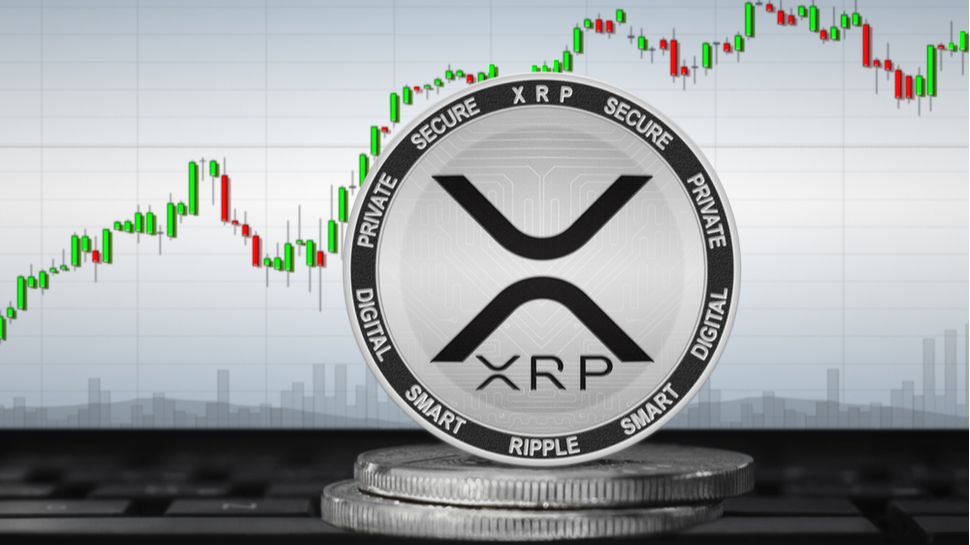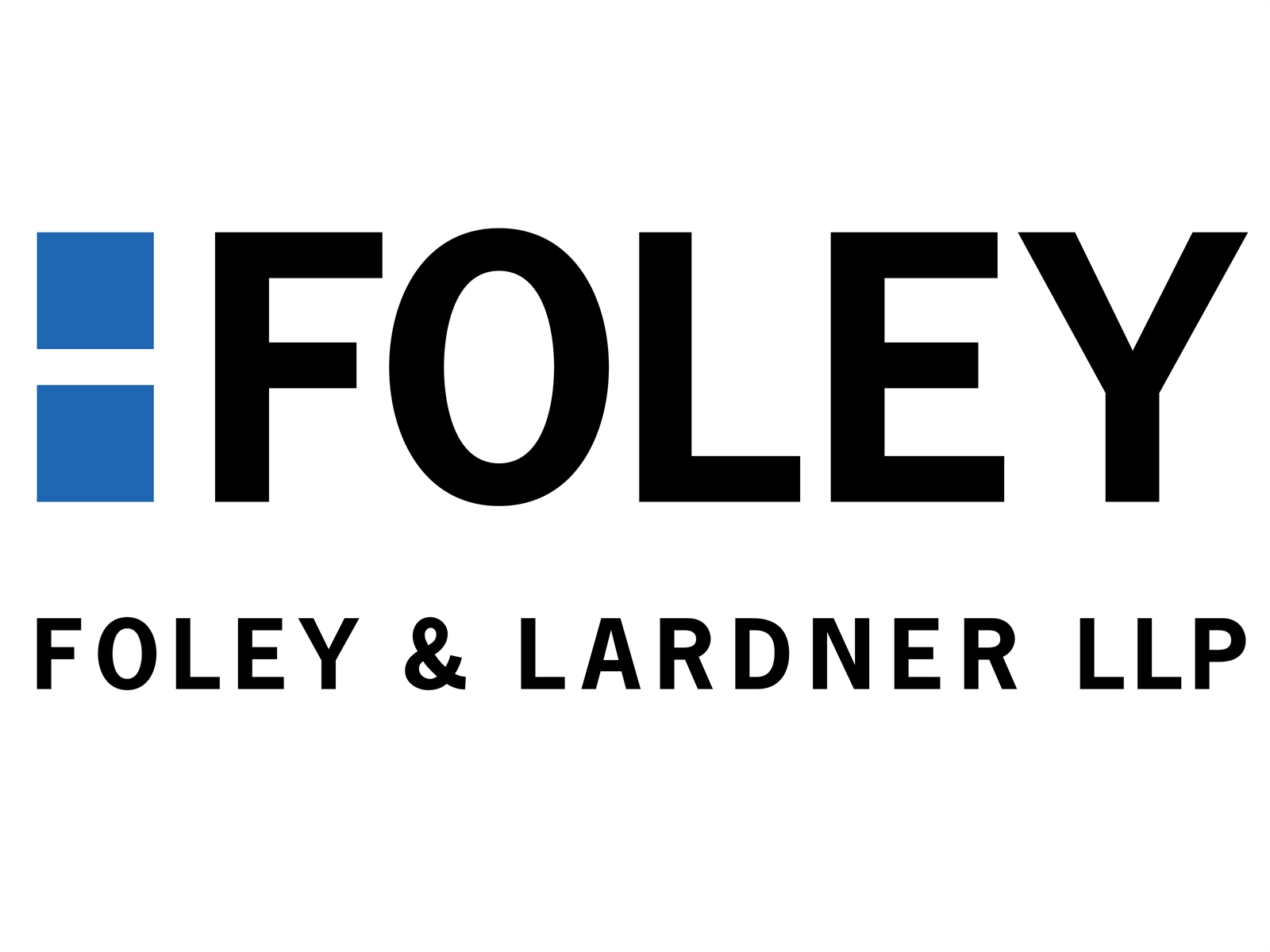Crypto Showdown Ends: Ripple Strikes Deal with SEC, Secures Landmark $50M Settlement

In a significant development for the cryptocurrency industry, Ripple Labs has reached a settlement with the U.S. Securities and Exchange Commission (SEC), dramatically reducing its previously imposed financial penalty. The company will now pay $50 million of the original $125 million fine, marking a potential turning point in one of the most closely watched regulatory battles in the digital asset space.
Stuart Alderoty, Ripple's Chief Legal Officer, announced the agreement on Tuesday, highlighting a notable softening in the SEC's approach to cryptocurrency oversight. The settlement effectively concludes a high-profile civil lawsuit that alleged Ripple had sold unregistered securities through its XRP token.
Under the terms of the settlement, the SEC will retain $50 million from the fine, which was initially imposed by U.S. District Judge Analisa Torres in Manhattan. The funds, currently held in escrow, have been accruing interest during the legal proceedings.
This resolution signals a potential shift in regulatory attitudes towards cryptocurrency companies, offering a glimmer of hope for an industry that has been navigating complex legal landscapes. Ripple's successful negotiation could set a precedent for how similar cases might be handled in the future.








